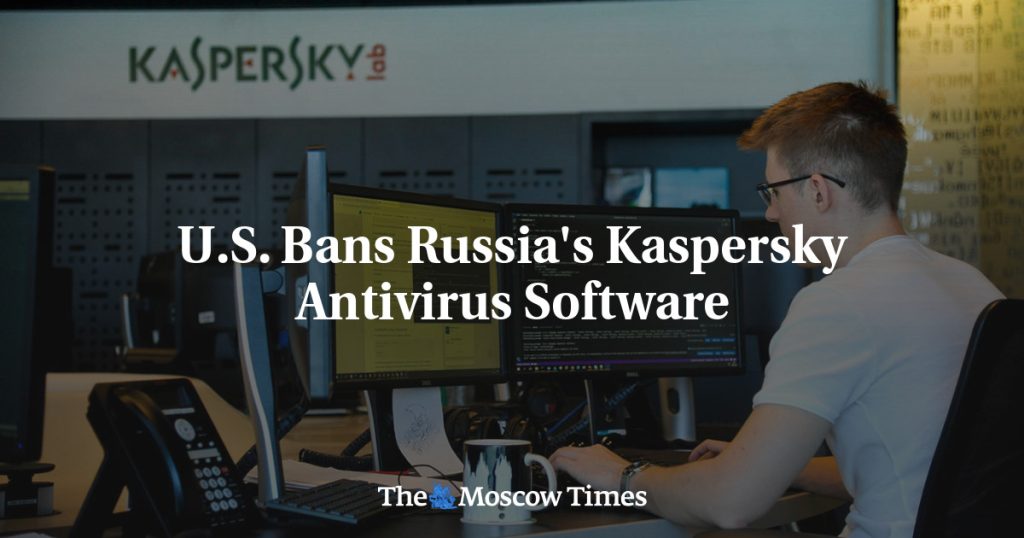The Biden administration has banned Russia-based cybersecurity firm Kaspersky from selling its popular antivirus products in the United States due to national security concerns. The U.S. Commerce Department stated that Kaspersky will no longer be able to sell its software in the U.S. or provide updates for software already in use. The decision came after an investigation found that Kaspersky’s operations in the U.S. posed a national security risk due to the Russian government’s cyber capabilities and influence over the company.
Commerce Secretary Gina Raimondo highlighted the Russian government’s history of exploiting Russian companies like Kaspersky to collect and weaponize sensitive U.S. information. Kaspersky, in response, argued that it does not engage in activities that threaten U.S. national security and has made contributions to protecting U.S. interests from various threat actors. The move to ban Kaspersky is the first taken since an executive order under the Trump administration granted the Commerce Department the authority to investigate companies posing national security risks. Raimondo emphasized that the U.S. would act decisively when technologies from adversaries pose risks to the nation.
Although Kaspersky is headquartered in Moscow, it has a global presence with offices in 31 countries, serving millions of users and corporate clients worldwide. In addition to banning the sale of Kaspersky’s antivirus software, the Commerce Department added three entities linked to the firm to a list of companies considered national security concerns for their cooperation with Russian military and intelligence authorities. The department recommended users switch to alternative vendors, but did not prohibit them from using Kaspersky software if they choose to do so. Kaspersky is permitted to continue certain operations in the U.S. until September 29 to minimize disruptions for consumers and businesses.
The Kremlin criticized Washington’s decision, calling it unfair competition and accusing the U.S. of using such tactics to undermine competitive international companies like Kaspersky. Kremlin spokesman Dmitry Peskov stated that Kaspersky Lab is very competitive globally, and the ban was an attempt by the U.S. to create an advantage for American companies. The move reflects ongoing tensions between Russia and the U.S. over cybersecurity issues and allegations of Russian interference in U.S. affairs. It also underscores the challenges of maintaining cybersecurity in an increasingly interconnected global landscape, where national security concerns intersect with commercial interests. The ban on Kaspersky highlights the complex dynamics of international cybersecurity and the role of governments in regulating the flow of technology and information across borders.















